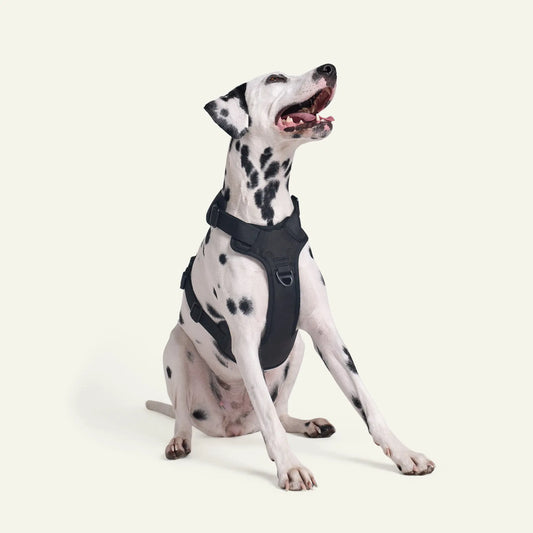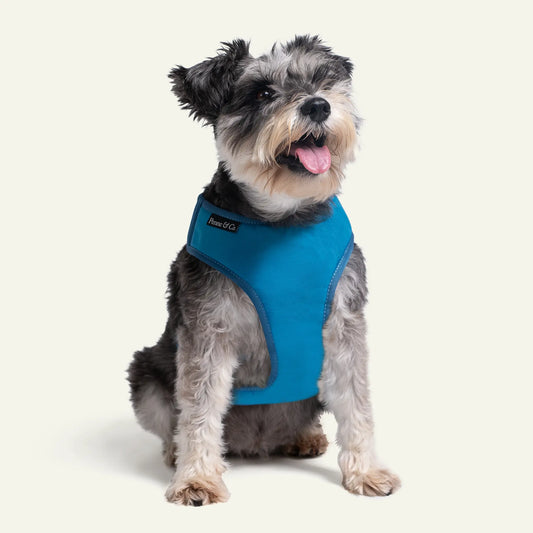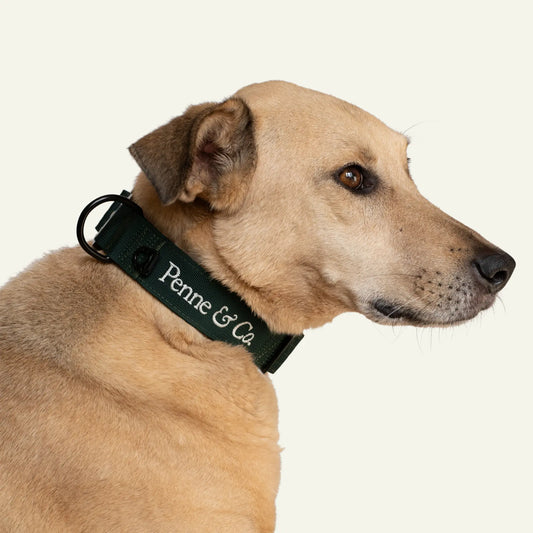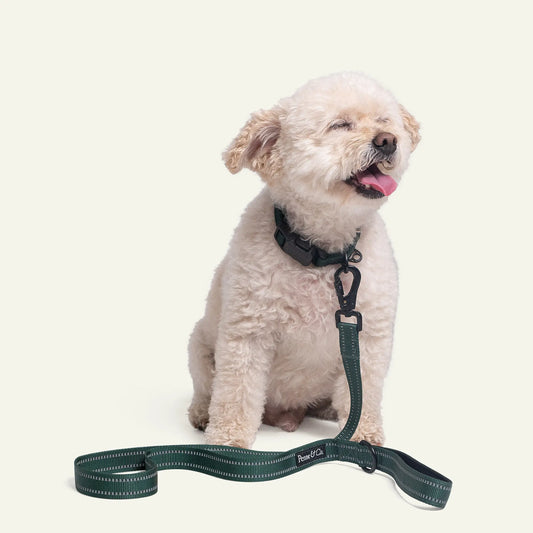6 Tips for socializing your dog
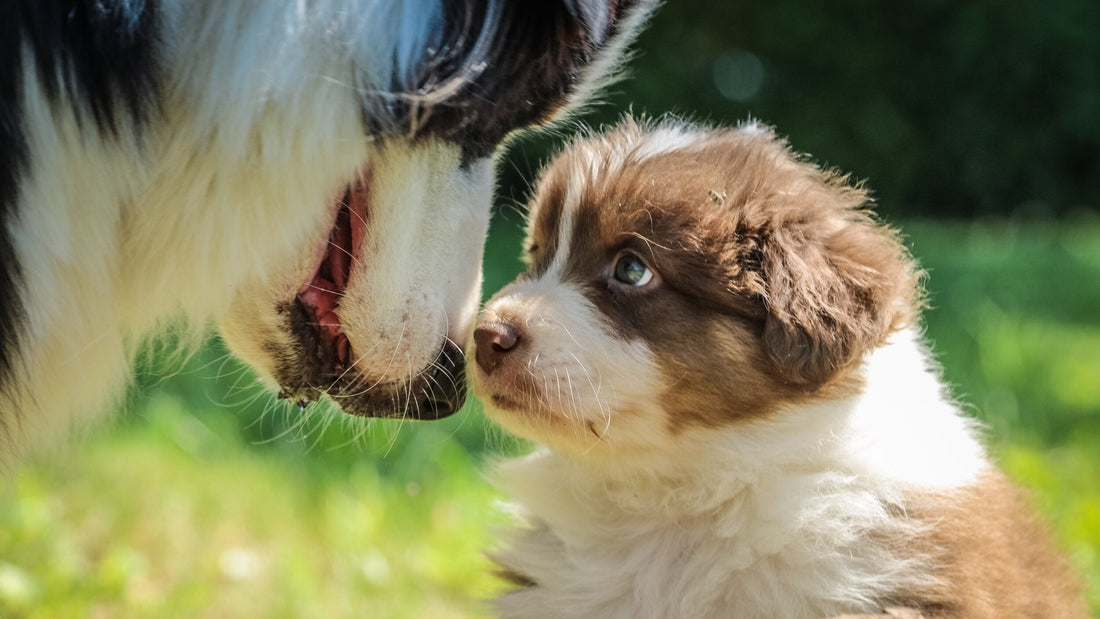
6 Tips for socializing your dog
Socializing your dog is one of the most important aspects of raising a well-adjusted, confident, and friendly pet. Proper socialization helps your dog interact positively with people, other dogs, and various environments, reducing the risk of behavioral issues down the road. Whether you have a new puppy or an older dog, it’s never too late to start socialization. In this guide, we’ll provide you with essential tips to successfully socialize your dog.
Why Socialization Matters
Socialization is crucial for your dog’s emotional and psychological development. A well-socialized dog is less likely to exhibit fear, aggression, or anxiety in new situations. It also helps prevent unwanted behaviors, such as excessive barking or biting, that often stem from fear or uncertainty.
Tips for Socializing Your Dog

1. Start Early, But It’s Never Too Late
•Puppies: Begin socialization as early as possible, ideally between 3 and 14 weeks of age, when puppies are most receptive to new experiences.
•Older Dogs: Even if you have an older dog, you can still work on socialization. Be patient and take things slow, allowing your dog to acclimate at their own pace.

2. Expose Your Dog to Different Environments
•Variety: Take your dog to various places, such as parks, urban areas, and pet-friendly stores. Exposure to different environments helps them adapt to new sights, sounds, and smells.
•Positive Experiences: Ensure these outings are positive. Bring treats and reward your dog for calm behavior, helping them associate new environments with good experiences.

3. Introduce Your Dog to New People and Animals
•Controlled Introductions: Start by introducing your dog to a few calm, well-behaved dogs or people. Gradually increase the number and type of interactions as your dog becomes more comfortable.
•Supervision: Always supervise interactions, especially with children or unfamiliar dogs, to ensure they’re positive and safe.

4. Use Positive Reinforcement
•Rewards: Reward your dog with treats, praise, or playtime whenever they exhibit calm, positive behavior during socialization.
•Consistency: Consistent positive reinforcement helps your dog understand what behavior is expected and makes socialization more enjoyable for them.

5. Handle Challenges Gradually
•Fearful Dogs: If your dog shows signs of fear or anxiety, don’t force them into uncomfortable situations. Gradually expose them to the challenge, rewarding calm behavior and retreating when necessary.
•Desensitization: Slowly introduce your dog to what they fear in a controlled, positive manner. Over time, this desensitization can help them overcome their fears.

6. Enroll in a Puppy or Obedience Class
•Structured Learning: Puppy classes and obedience training provide a controlled environment where your dog can learn basic commands while socializing with other dogs.
•Professional Guidance: Trainers can offer valuable tips and techniques for improving your dog’s socialization skills.

Conclusion
Socializing your dog is essential for their happiness and your peace of mind. By following these tips and taking the process step by step, you’ll help your dog develop the confidence and social skills they need to thrive in any situation. Remember, patience and consistency are key to successful socialization.

